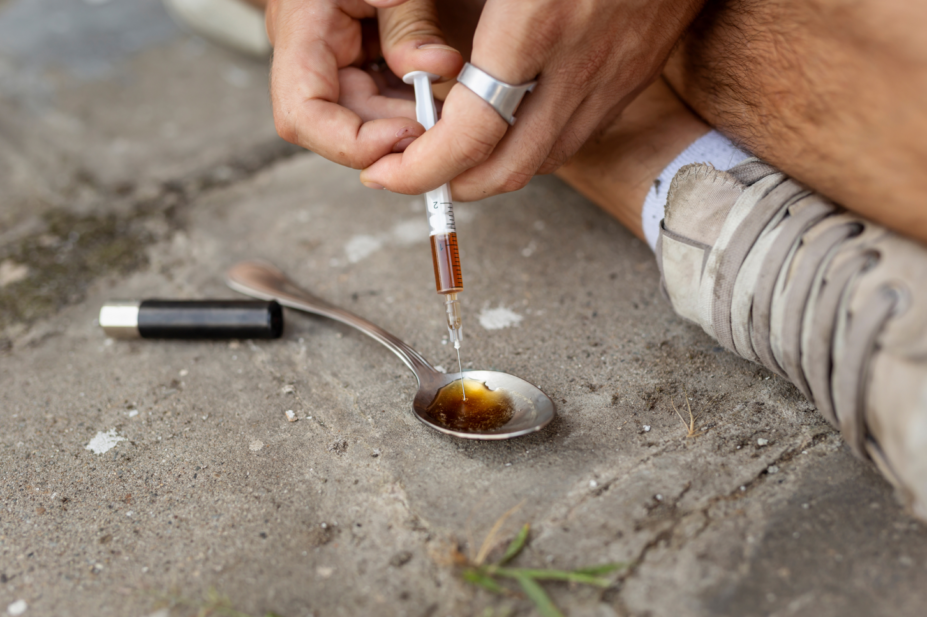
Shutterstock.com
In Scotland, drug users will be able to receive medication-assisted treatment (MAT) on the day they ask for it, rather than having to wait weeks, under new standards developed by the Drug Deaths Taskforce.
The ten standards, published on 31 May 2021, aim to reinforce a “rights-based approach” for people who use drugs and the treatment they should expect, regardless of where they live.
The standards apply to MAT, a term used to refer to the use of medication, such as opioids, together with any psychological and social support, in the treatment and care of people who experience problems with drug use.
According to the standards, all people accessing services — including through community pharmacy — will have the option to start MAT from the same day of presentation, and be supported to make an informed choice on what medication to use for MAT and the appropriate dose.
The standards state that “each NHS Board should … have prescribing clinical guidelines that enable practitioners, including non-medical prescribers, to safely initiate same-day prescribing as clinically appropriate”.
“People who choose to will be able to receive medication or support through primary care providers,” it adds. “These may include GPs and community pharmacy. Care provided would depend on the GP or community pharmacist as well as the specialist treatment service.”
Patients at high risk of drug-related harm will also be proactively identified and offered support to commence, re-commence or continue MAT, under the new standards.
The standards also say that all patients will receive support to remain in treatment for as long as requested, and that those with co-occurring drug use and mental health difficulties can receive mental health care at the point of MAT delivery.
In January 2021, first minister Nicola Sturgeon announced that an additional £50m would be allocated each year to ensure that all alcohol and drug partnerships are supported by the Scottish government to embed the MAT standards by April 2022.
Catriona Matheson, chair of the Drug Deaths Taskforce, told The Pharmaceutical Journal that, previously, drug users had to wait up to three weeks for MAT and that rapid “no barriers access” to treatment was “important”.
“The publication of the MAT standards and the start of their implementation represents a major achievement for the taskforce and the beginning of a new phase of our work,” she said.
“The standards constitute the most significant intervention in the strategy to reduce the unacceptable level of drug-related deaths.”
Matheson said the standards would form a “critical element” of the longer term, sustainable actions that will save lives, complimenting the emergency actions taken to date.
“The evidence is clear that using street drugs and not being in treatment is dangerous and life-threatening. The taskforce wants more people at risk to be in treatment programmes.”
Laura Wilson, practice and policy lead at the Royal Pharmaceutical Society in Scotland, welcomed the publication of the MAT standards and said that it would help to guide the RPS’s new drug use policy.
“RPS Scotland recognises the urgent need for action to reduce drug deaths in Scotland,” she said.
“We are currently developing a new drug use policy, which will describe how pharmacy can do more to improve the health of people who use drugs and help reduce drug deaths. The new MAT standards will help guide this work, along with views from the profession and other stakeholders.”
READ MORE: Catriona Matheson: ‘I support decriminalisation of illegal drugs for personal use’


